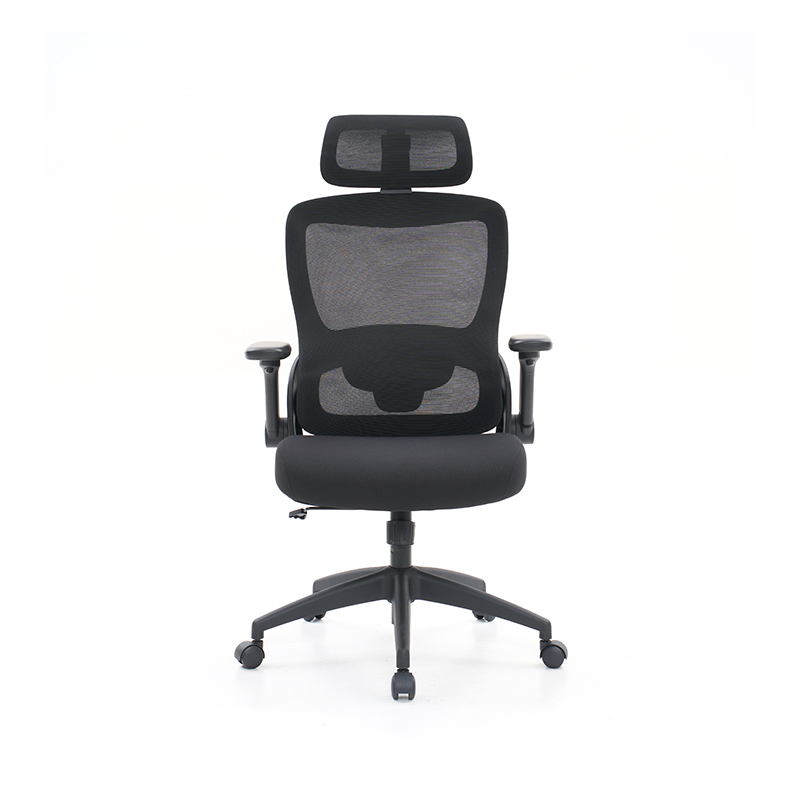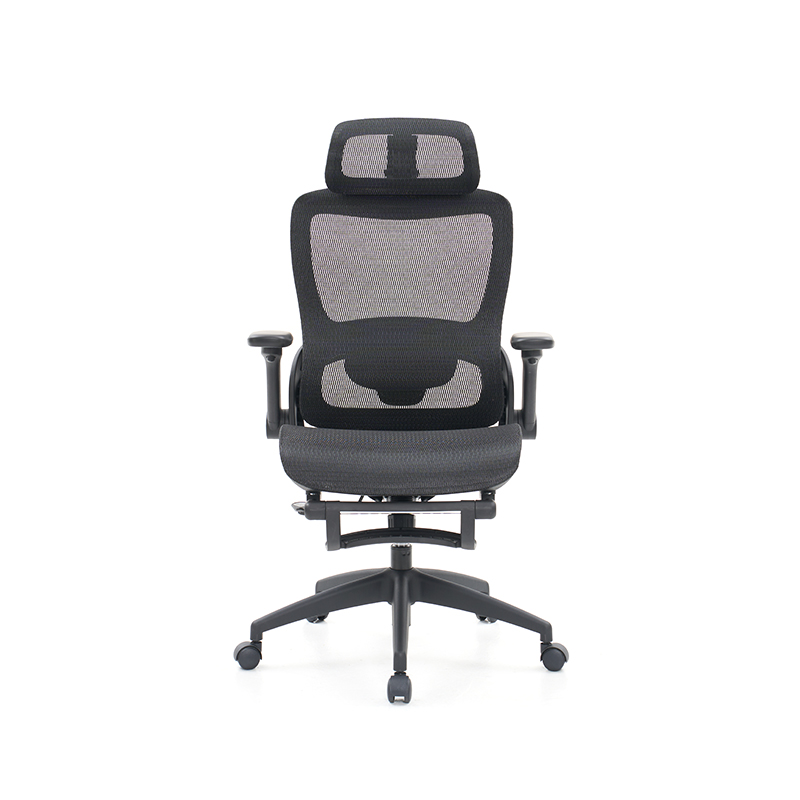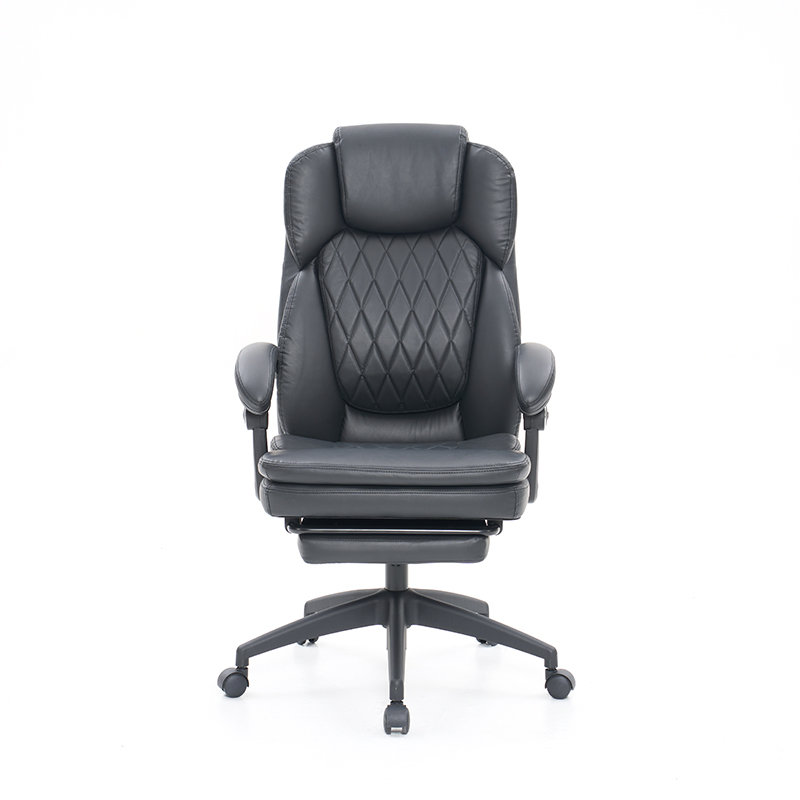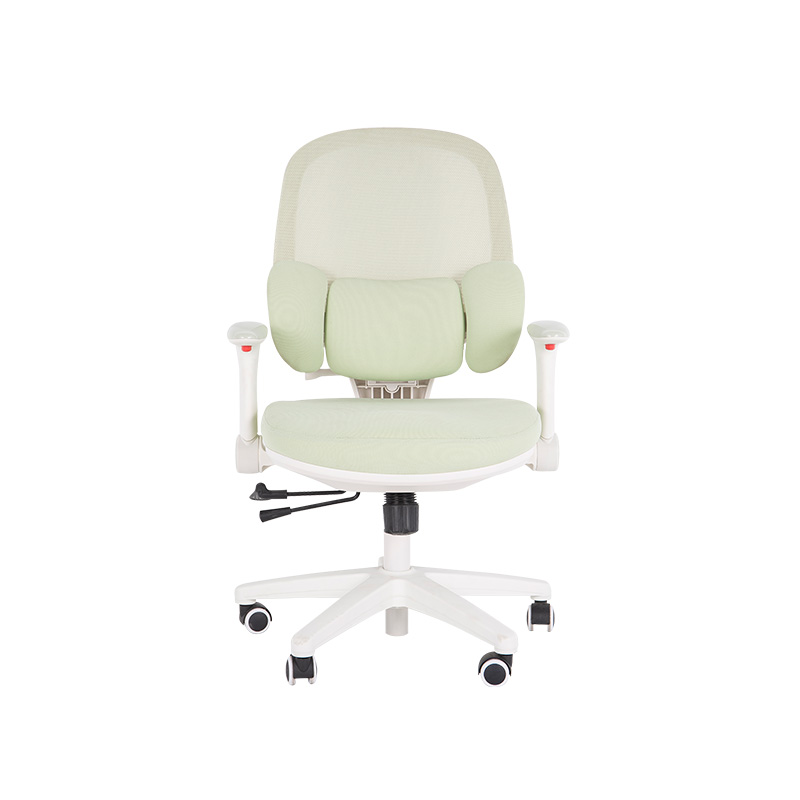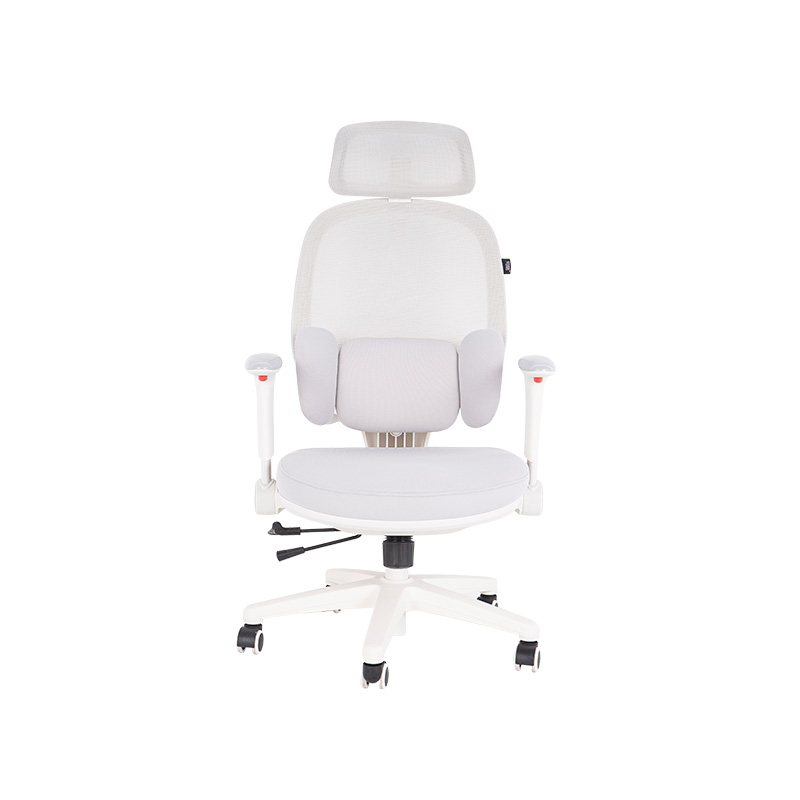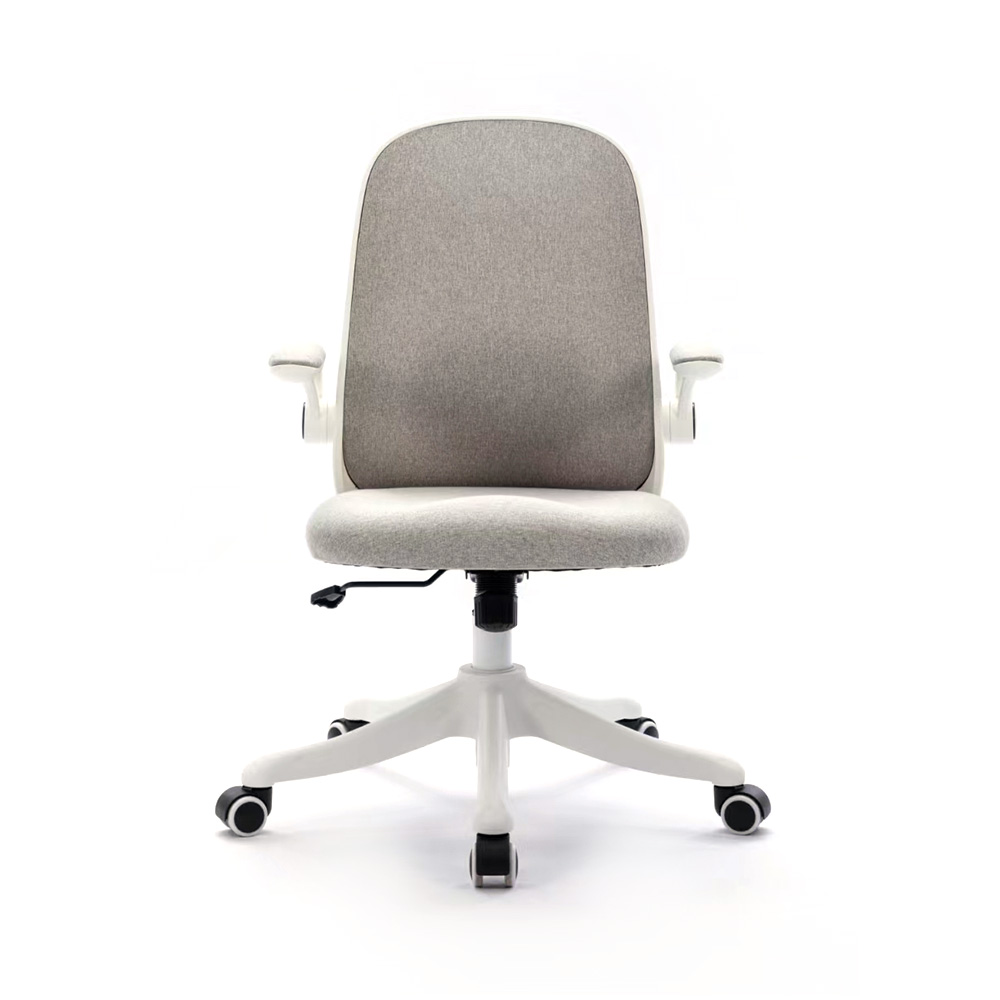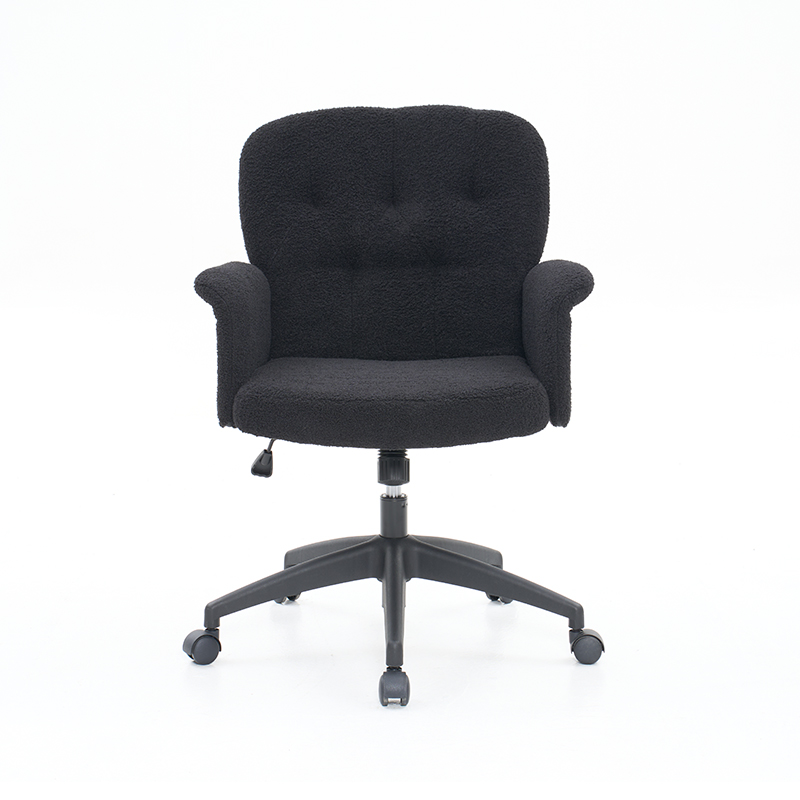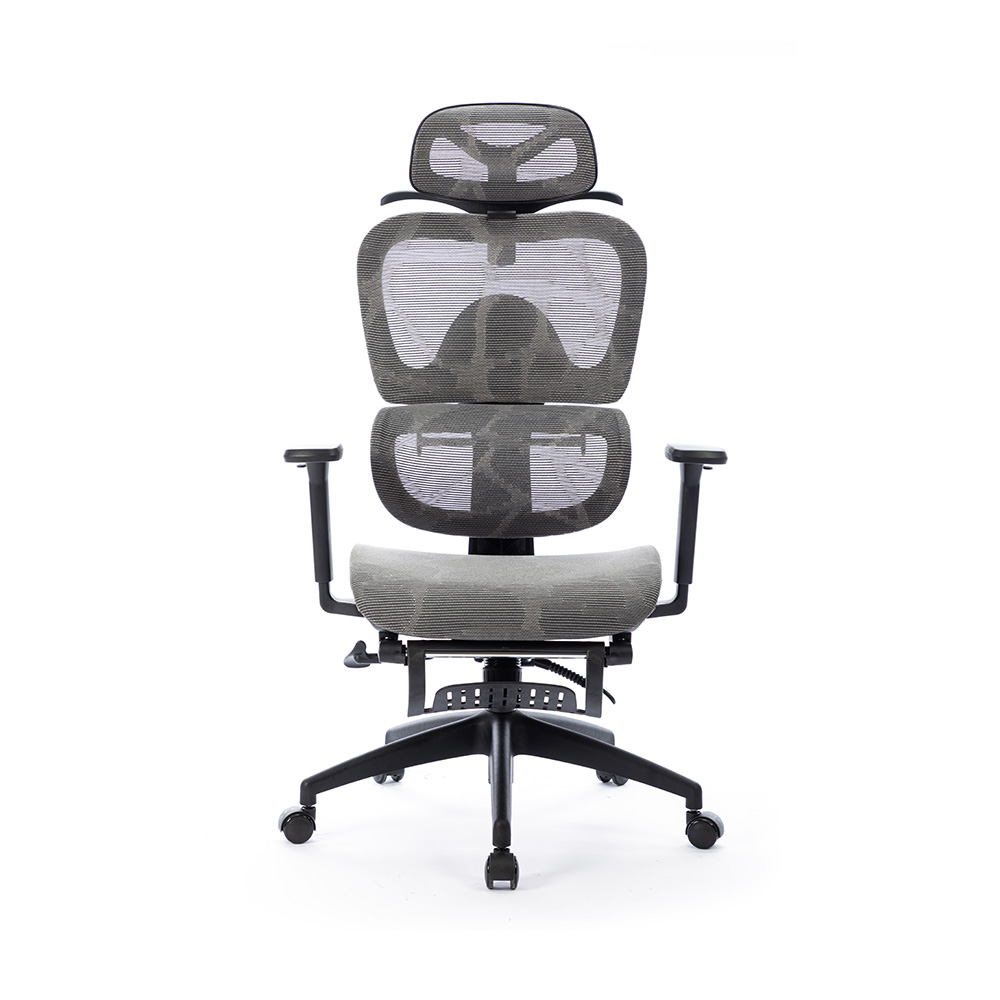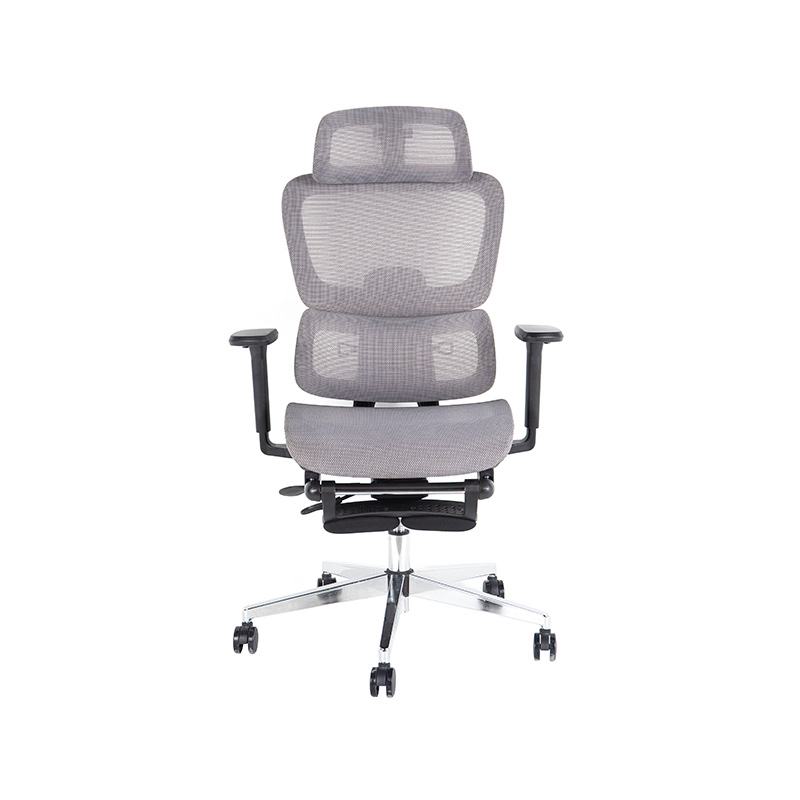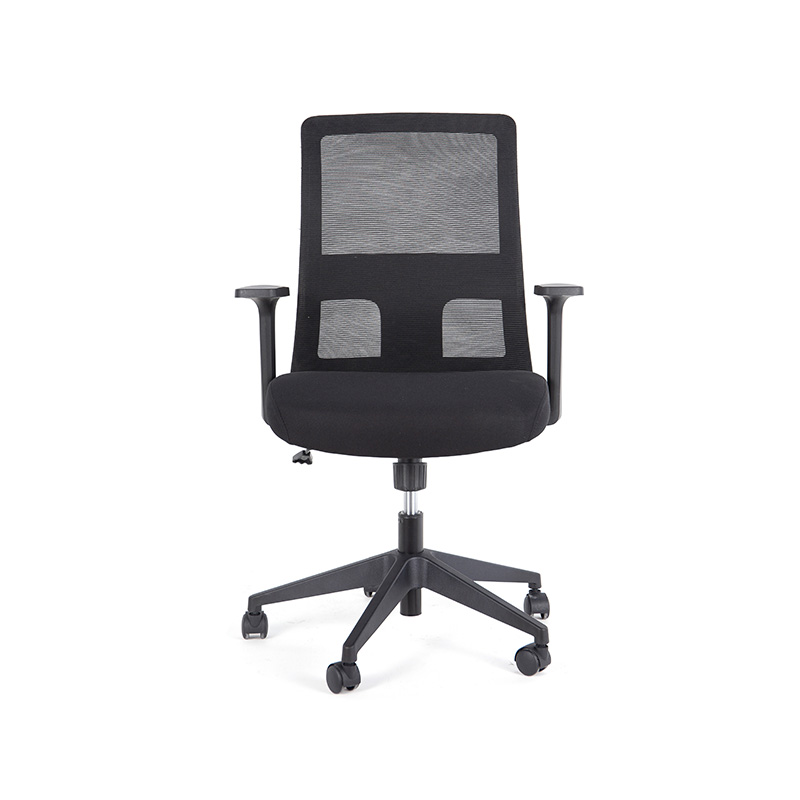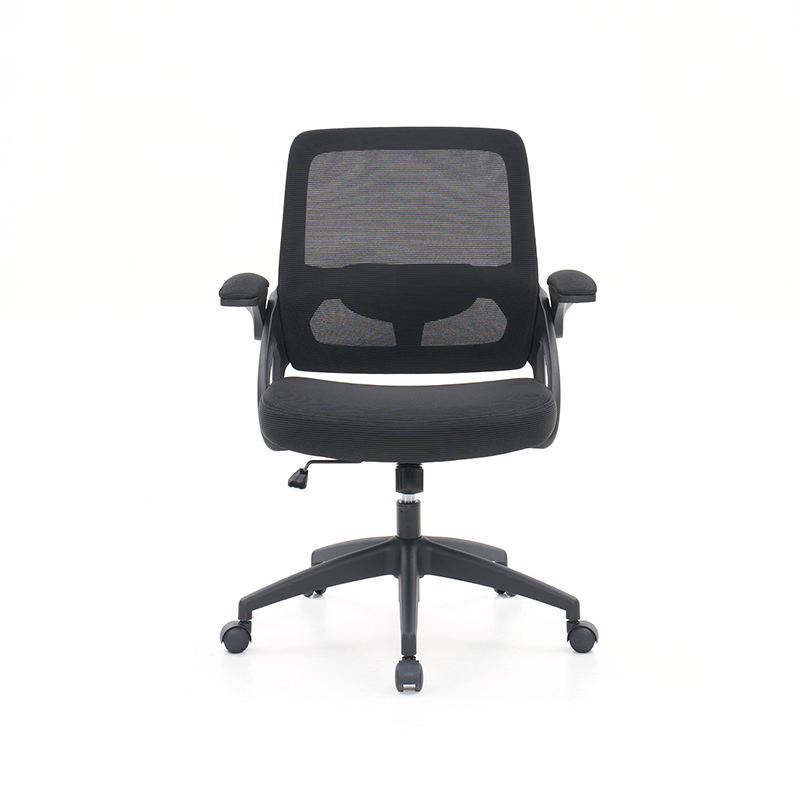As environmental awareness increases, how can Ergonomic Work Mesh Chair Manufacturers use sustainable materials to reduce the carbon footprint in the production process?
1. Use sustainable materials
1. Environmentally friendly mesh material
One of the core components of the Ergonomic Work Mesh Chair Manufacturers is its breathable, comfortable mesh. Modern manufacturers tend to use recycled PET (polyethylene terephthalate) fibers or other bio-based materials to make mesh. These materials are not only durable and have good breathability, but more importantly, they are sourced from renewable sources. Renewable resources or waste recycling significantly reduce dependence on primary petroleum resources and environmental pollution.
2. Recycled plastics and metals
In addition to mesh, plastic and metal materials are also used extensively in chair frames, armrests, bases and other components. Manufacturers are beginning to use recycled plastics (such as recycled polypropylene, nylon, etc.) and recycled metals (such as the reuse of aluminum alloys) to make these parts. These materials not only reduce production costs, but also significantly reduce the cost of new material production. Greenhouse gas emissions and energy consumption.
3. Natural fillers and finishes
Some high-end ergonomic chair manufacturers also try to use natural materials as fillings (such as bamboo charcoal, natural latex) or finishes (such as natural wood, bamboo). These materials are not only environmentally friendly, but also provide additional health benefits such as improved air quality. quality, adjust humidity, etc.
2. Optimize the production process
1. Improved energy efficiency
Ergonomic Work Mesh Chair Manufacturers has greatly improved the energy efficiency in the production process and reduced electricity consumption by upgrading production equipment, adopting high-efficiency energy systems (such as LED lighting, solar power generation systems) and energy-saving technologies (such as heat energy recovery, intelligent temperature control systems) consumption and greenhouse gas emissions.
2. Water resources management
During the manufacturing process, strict water management measures are implemented, such as water recycling systems, rainwater collection systems and wastewater treatment facilities, to reduce reliance on fresh water resources and wastewater discharge.
3. Reduce waste generation
Through lean production and zero-waste concepts, Ergonomic Work Mesh Chair Manufacturers considers maximum utilization of materials and minimization of waste during the design phase. For example, modular design is adopted to facilitate product maintenance and component replacement, extending product service life; at the same time, scraps and waste generated during the production process are recycled, reused or safely disposed of.
3. Supply chain management
1. Green supplier selection
When selecting suppliers, Ergonomic Work Mesh Chair Manufacturers gives priority to partners with environmental certifications (such as ISO 14001 environmental management system certification) and sustainable production practices to ensure the environmental protection of the entire supply chain.
2. Logistics optimization
Use low-carbon transportation methods (such as sea transportation, rail transportation) and optimize packaging design (such as reducing packaging materials, using degradable or recycled materials) to reduce carbon emissions and waste generation during transportation.
4. Consumer education and participation
1. Spread the concept of environmental protection
Manufacturers convey environmental protection concepts to consumers through product manuals, official websites, social media and other channels, encourage consumers to choose environmentally friendly products, and jointly promote green consumption culture.
2. Product Recycling Program
Launch a product recycling program to encourage consumers to return products to manufacturers for recycling at the end of their life cycles to reduce e-waste pollution.
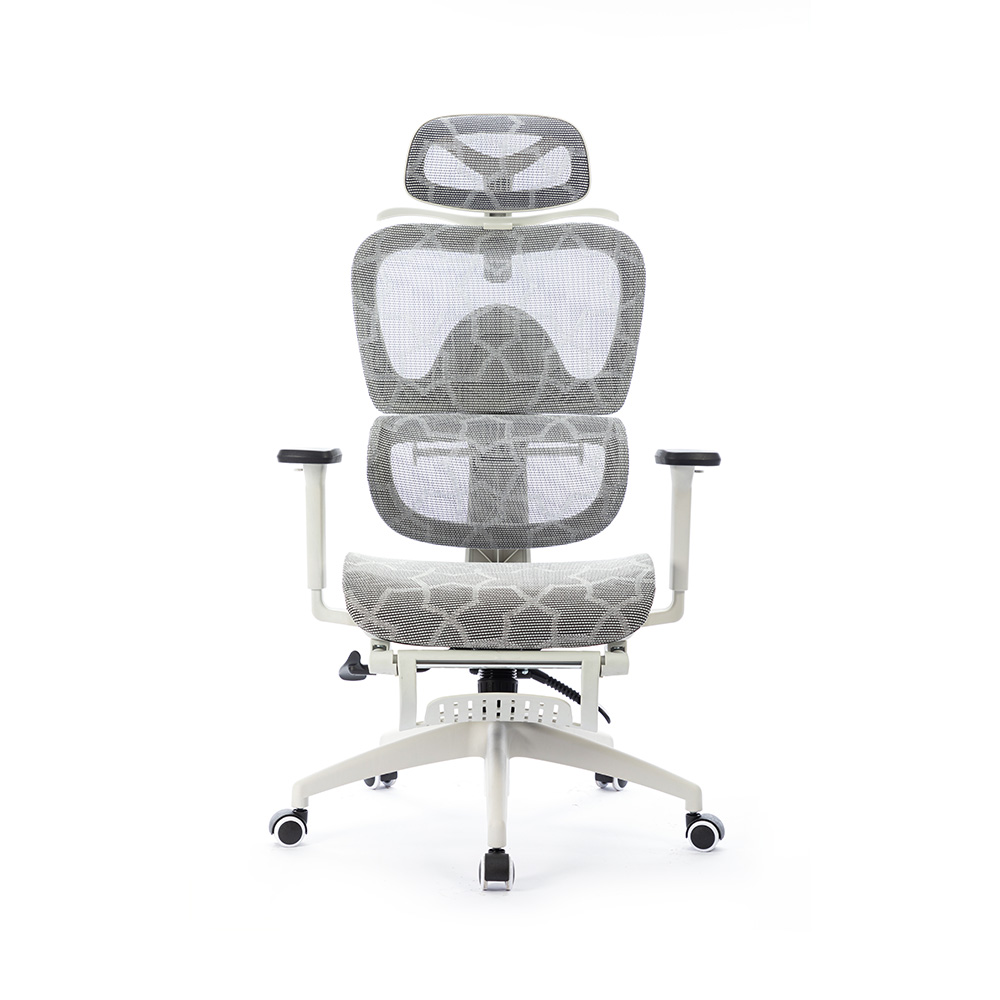
Contact Us

 English
English 中文简体
中文简体 عربى
عربى




